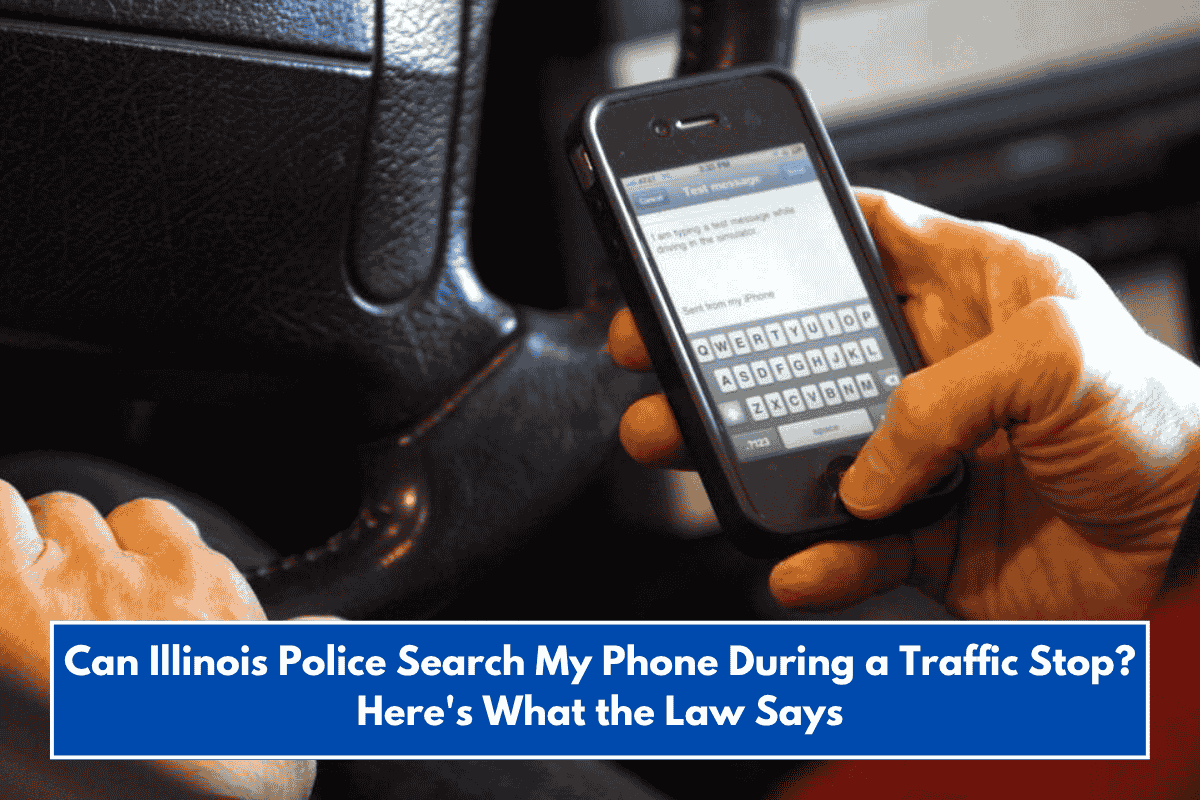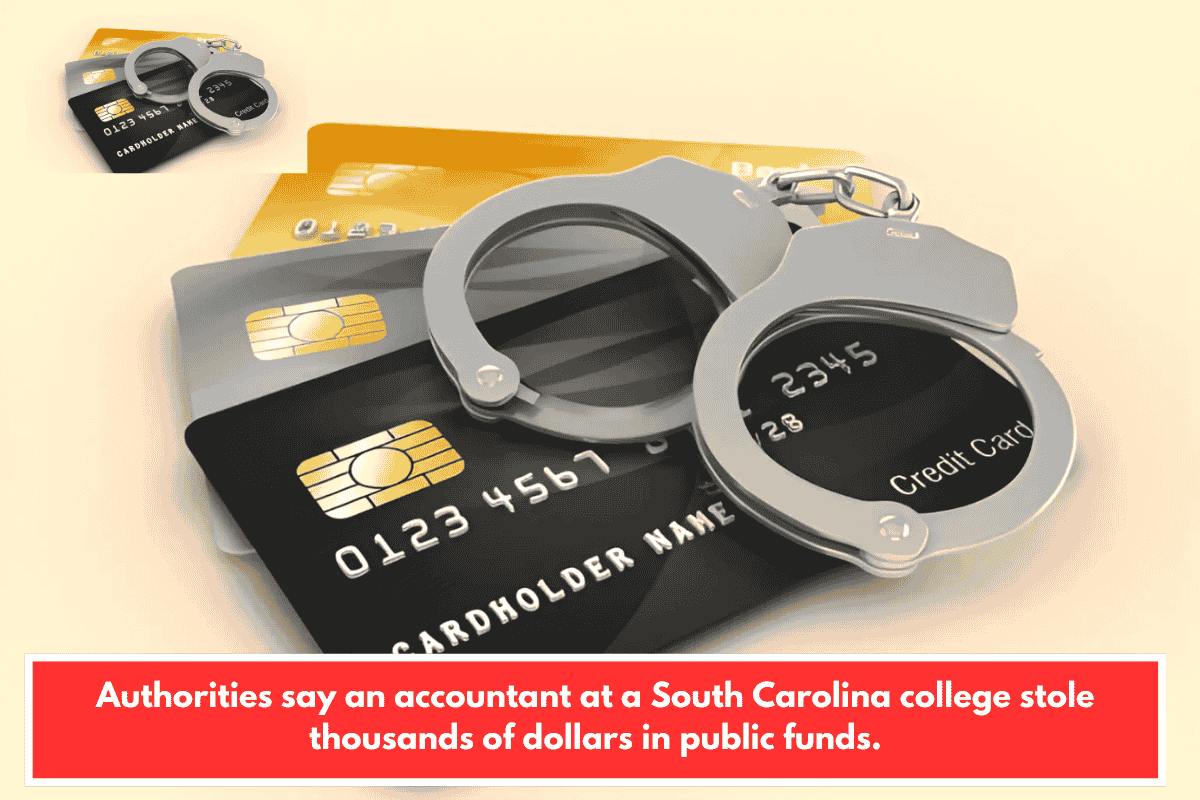Illinois police generally cannot search your phone during a traffic stop without a warrant, your consent, or certain rare exceptions.
Legal Foundation: The Fourth Amendment and Riley v. California
- The U.S. Supreme Court’s decision in Riley v. California (2014) established a clear rule: police must obtain a warrant before searching the data on a cell phone seized during an arrest, recognizing the vast privacy concerns unique to digital devices.
- This rule applies nationwide, including Illinois. The Court held that searching a cell phone is fundamentally different from searching physical objects like wallets or bags, and thus requires a warrant.
What This Means During a Traffic Stop in Illinois
- No Warrant, No Search: Police cannot search your phone’s contents during a traffic stop unless they have a valid search warrant, your explicit consent, or you are subject to a specific exception (such as certain emergency situations).
- Consent: If you voluntarily hand over your phone or give police permission to search it, they may do so. You have the right to refuse this request.
- Probable Cause: Even if police have probable cause to believe your phone contains evidence of a crime, they still must obtain a warrant to search its contents.
- Incident to Arrest: Even if you are arrested during the stop, police cannot search your phone’s data without a warrant. The Riley decision specifically rejected the idea that an arrest alone justifies a phone search.
- Plain View: If an illegal item is in plain view (for example, a physical object, not digital data), police may seize it, but this does not extend to searching your phone’s data without a warrant.
Exceptions to the Warrant Requirement
- Exigent Circumstances: In rare emergency situations where there is an immediate threat to safety or risk of evidence being destroyed, police may be allowed to search without a warrant, but this is strictly limited and subject to later judicial review.
- Inventory Search: If your phone is impounded with your vehicle, police may inventory property for safekeeping, but still cannot search the phone’s data without a warrant.
Your Rights
- You are not required to unlock your phone or provide your password to police, even if they seize your device.
- If police present a warrant, you may ask to see it and review its scope before complying.
Summary Table: Police Searches of Phones in Illinois
| Situation | Can Police Search Your Phone? |
|---|---|
| Routine traffic stop | No, not without warrant or consent |
| With your consent | Yes |
| With a valid search warrant | Yes |
| After arrest (no warrant) | No |
| Exigent circumstances | Rarely, only in true emergencies |
| Phone impounded with vehicle | No, not without warrant |
Bottom Line:
During a traffic stop in Illinois, police cannot search your phone without your consent or a warrant, except in very limited emergency situations. The Supreme Court’s Riley ruling and the Fourth Amendment provide strong privacy protections for your digital data.
SOURCES
[1] https://www.isba.org/ibj/2014/09/ussupremecourtsaysnocell-phonesea
[2] https://coolidgelawfirmaz.com/can-the-police-search-through-my-phone/
[3] https://www.illinoiscourts.gov/files/93628.htm/opinion
[4] https://digitalcommons.pace.edu/cgi/viewcontent.cgi?article=1931&context=plr
[5] https://www.ebsco.com/research-starters/law/riley-v-california














